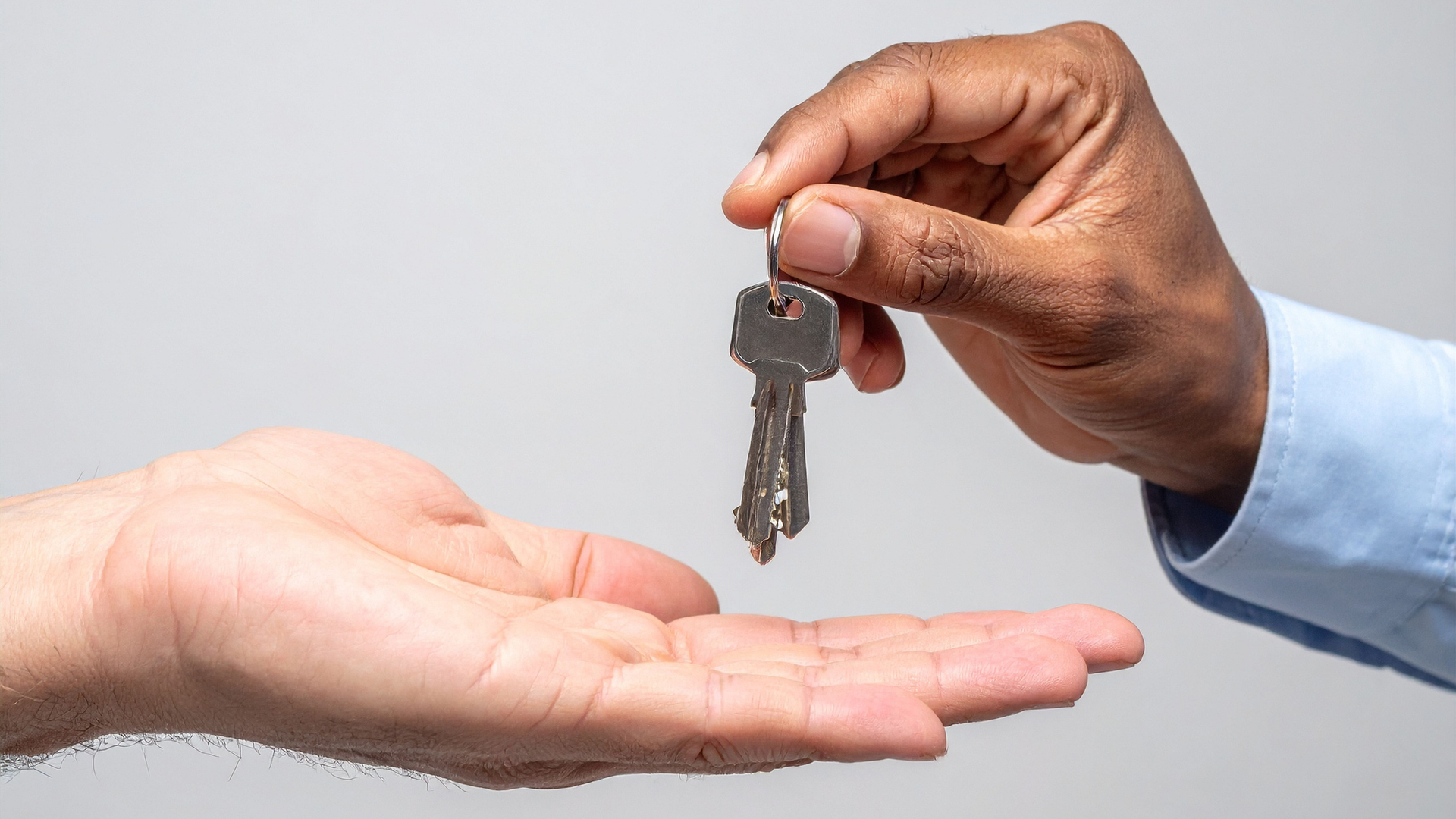Florida Tenant Rights When Landlords Fail to Maintain Properties
When you rent a property in Florida, you're entitled to more than just four walls and a roof. Under Florida law, landlords have an obligation to maintain rental properties in a condition that is safe and suitable for human habitation. This legal principle, known as the warranty of habitability, provides important protections for tenants throughout the state.
What the Warranty of Habitability Covers
Florida's warranty of habitability requires landlords to maintain the structural components of rental properties, including the roof, walls, floors, and foundation. The property must comply with applicable building codes and provide functioning essential utilities such as running water, heat, and electricity. Common areas in multi-unit buildings must also remain structurally sound and clean.
It's important to understand that this warranty doesn't extend to minor cosmetic issues. Small scratches on walls, minor paint chipping, or other aesthetic concerns that don't affect the safety or livability of the property typically don't constitute habitability violations. The standard centers on whether a tenant can safely occupy the premises.
When Landlords Fail to Maintain Rental Properties
Problems arise when landlords neglect serious maintenance issues. Scenarios that may constitute habitability violations include significant water leaks causing mold growth , broken heating or air conditioning systems , non-functioning plumbing, pest infestations, electrical hazards, or structural damage that poses safety risks. When these conditions exist, tenants have legal options available to them.
Your Legal Rights as a Florida Tenant
Under Florida Statutes § 83.60, tenants facing habitability violations have several legal remedies:
Withhold Rent: After providing proper written notice and following legal procedures, you may withhold rent until repairs are completed. The withheld rent must be placed in a separate account and cannot simply be spent.
Repair and Deduct: In some situations, you can arrange for repairs yourself and deduct the reasonable cost from your rent, though this requires strict adherence to legal procedures.
Terminate the Lease: If the property becomes uninhabitable and your landlord fails to make necessary repairs, you may have grounds to break your lease without penalty.
Sue for Damages: You can pursue legal action to recover compensation for damages caused by uninhabitable conditions , including relocation costs, property damage, or health issues.
The Importance of Proper Documentation
Tenants who believe their landlord has violated the warranty of habitability should document everything. Take photographs or videos of the problematic conditions, keep copies of all written communications with the landlord, and maintain records of any expenses incurred due to the uninhabitable conditions. This documentation becomes crucial if legal action becomes necessary.
Written notice to the landlord is a critical step. Florida law requires tenants to notify their landlord in writing about habitability issues before taking actions such as withholding rent. This notice should describe the problem clearly, reference Florida Statutes § 83.60, and allow the landlord seven days for issues that materially affect health and safety.
Take Action to Protect Your Rights
Understanding your rights as a tenant is the first step toward ensuring you live in safe, habitable housing. When landlords fail to meet their maintenance obligations, tenants shouldn't have to accept substandard living conditions. Florida law provides remedies for tenants facing these situations, but navigating the legal process requires careful attention to procedural requirements and deadlines.
Are you dealing with a landlord who refuses to make necessary repairs?
If you're experiencing serious maintenance issues, mold, broken utilities, or other uninhabitable conditions that your landlord refuses to address, you don't have to face this alone. An experienced tenant rights attorney can help you understand your legal options, ensure you follow proper procedures, and fight for the safe housing you deserve.
Contact a qualified landlord-tenant attorney today to discuss your situation and learn how to hold your landlord accountable under Florida law.



